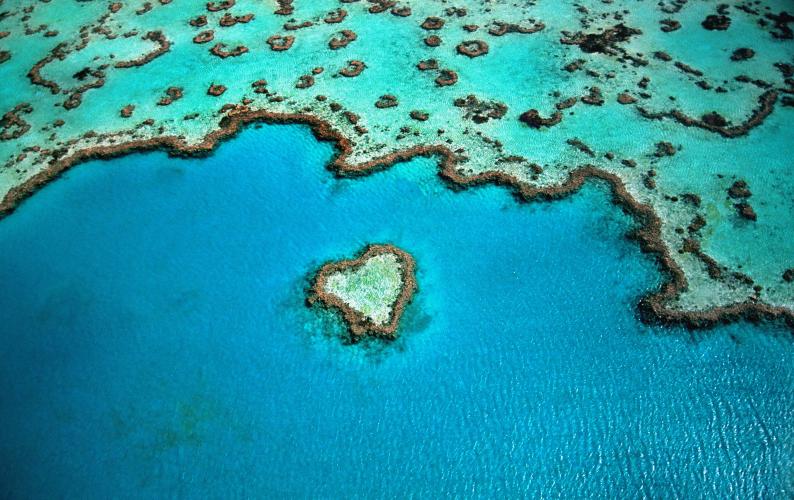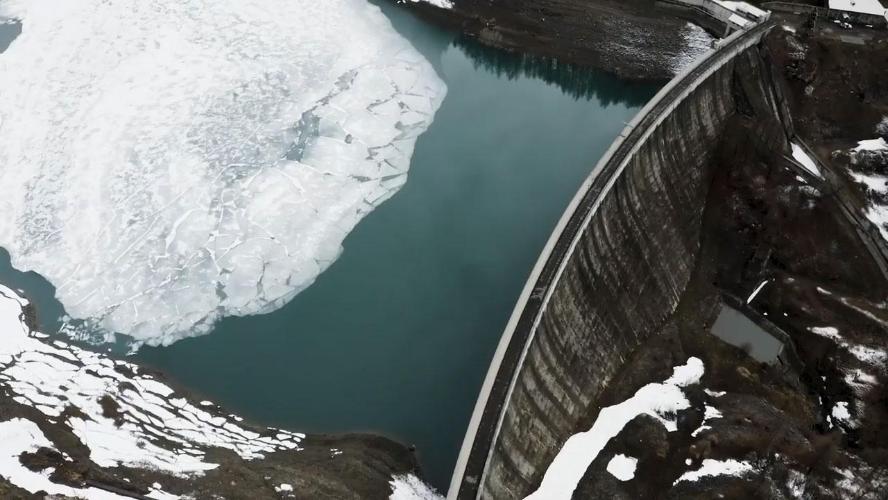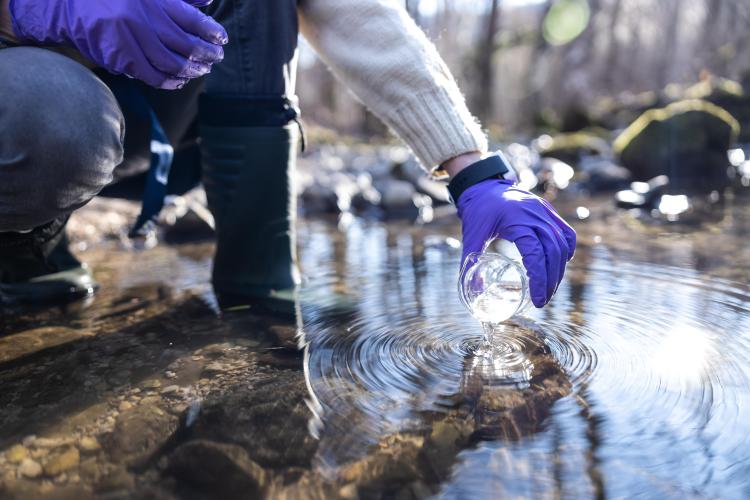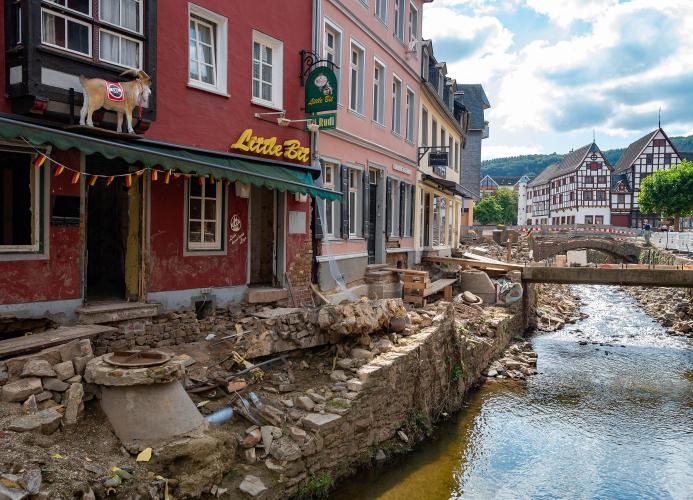Climate change and environmental degradation constitute our main challenge for maintaining sustainable development.
The EIB is an important partner for the European Union in making its European Green Deal, the EU’s new growth strategy for a carbon-neutral continent by 2050.
Meeting the European Union’s climate and energy targets will require decarbonising much of the energy supply, while safeguarding our natural resources.
The EIB has been a central player in developing the offshore wind sector and in establishing a supply chain. We also support electricity network investments for transmission and distribution.
We also invest in projects that protect our natural resources and biodiversity, in particular in the areas of agriculture, forestry, oceans, water and waste management. We also help communities manage natural disasters and in their efforts to depollute their habitat.
Our impact
In 2025, we invested in projects in the European Union and beyond that will result in an estimated:
17.9 million households
powered with renewable energy
26.8 million people
with safer drinking water
9.2 million people
with improved sanitation services
6.9 million people
with reduced flood risk
Areas we focus on

Nature and biodiversity are essential for life. Natural resources generate approximately half of the world’s GDP. Biodiversity loss and the climate crisis go hand in hand.
The EIB ensures our projects enhance natural habitats and do not harm biodiversity. We work together with policymakers, companies and civil society to meet biodiversity challenges and increase investment in nature, ecosystem restoration and resilience.

Forests are essential in the fight for climate action. They are major carbon stores and help increase resilience against some of the effects of climate change, such as soil erosion and increased flood risk. Our activities support the full forest value chain, including restoration of forests, afforestation and forest industries. We aim to protect and enhance biodiversity and ecosystem services, while fostering rural economic growth and employment.

Agriculture protects natural assets and uses them for our well-being. It is also the backbone for local entrepreneurship, employment and social development in many countries around the world. The EIB supports the rural economy to benefit entrepreneurs and society as a whole, promote environmental sustainability and lower agriculture’s CO2 emissions.

Oceans and seas cover over 70% of the Earth's surface. They play a vital role for the planet’s climate and biodiversity. They also provide food, medicines, renewable energy and natural resources to billions of people around the globe.
Keeping our oceans healthy is crucial for sustainable development and the reduction of poverty. The EIB is investing in the sustainable blue economy and supports initiatives to reduce pollution and preserve this natural resource.

Population growth and a rapidly developing global economy, combined with the effects of climate change, will exacerbate the lack of access to water and sanitation for domestic uses. The same is true for droughts and floods that destroy people’s livelihoods.
With total financing of close to €79 billion since the beginning of the 1960s, the European Investment Bank is the largest lender to the global water sector. It has supported in total over 1 600 projects in the areas of water supply, wastewater treatment, coastal erosion and flood control.

The prevention against and limitation of pollution are key pillars of the EU environmental policy. We promote an integrated approach to tackle air, water and soil pollution, and we finance depollution projects.
We provide project promoters with clear requirements for preventing, reducing and, as far as possible, eliminating pollution arising from different activities during the entire project lifecycle, from design to decommissioning.

Natural disasters put human lives, ecosystems and economies at risk.
The EIB works on strengthening national and international governance on natural disaster preparedness and climate change adaptation, such as the Sendai Framework for Disaster Risk Reduction. Our climate strategy promotes a risk management approach to increase the resilience of assets, communities and ecosystems related to EIB projects.
We also support post-disaster reconstruction projects, a critical opportunity to build back better - including through integrating disaster risk reduction into development measures.

Critical raw materials are vital for the European Union’s prosperity and global competitiveness. They are crucial for Europe’s green and digital transition, and the European defence and aerospace sectors. However, access to these materials is restricted due to geographic and processing limitations. As the EU's lending arm, we are dedicated to enhancing the entire value chain to ensure a secure future.

